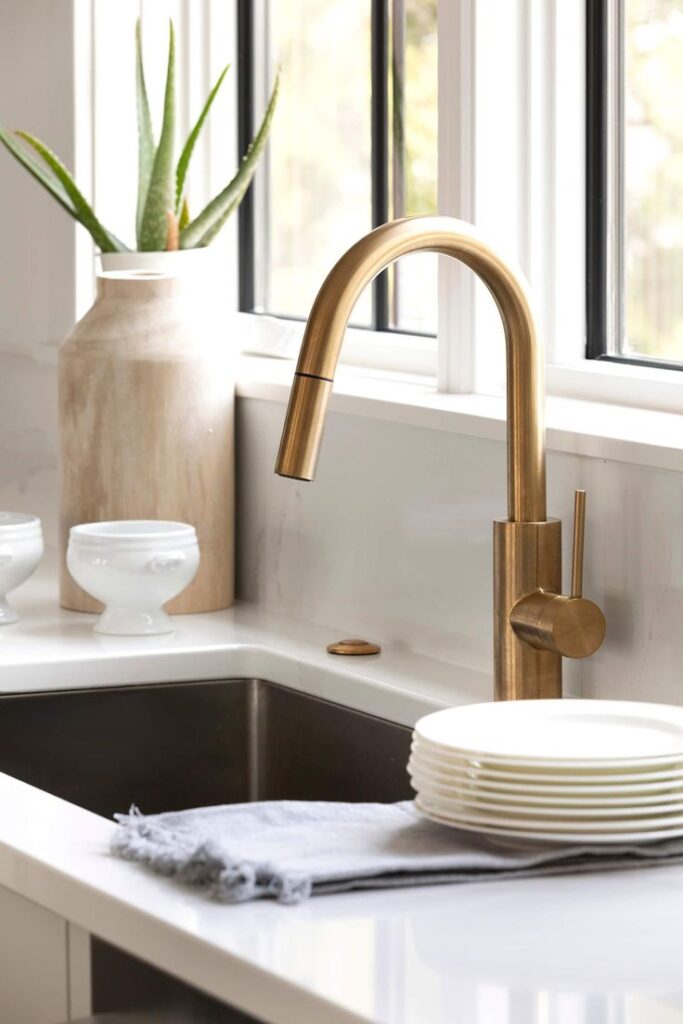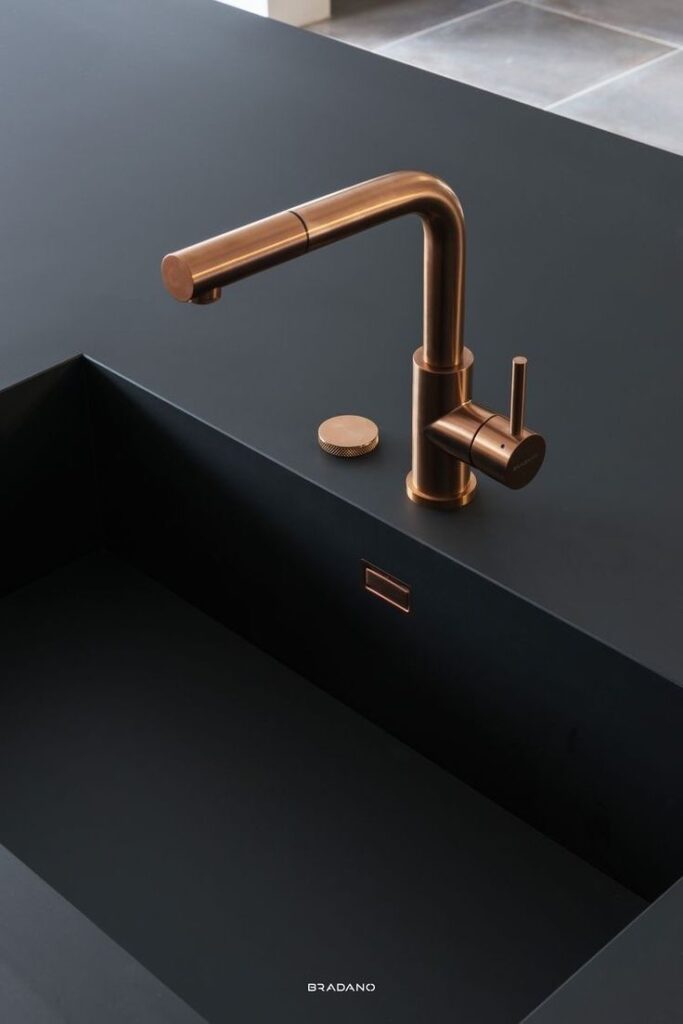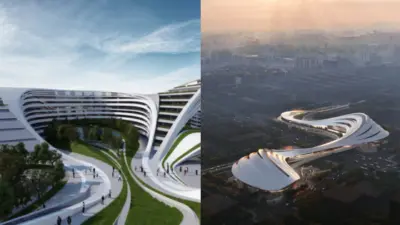
Homeowners face challenges with aging water systems every day. Deteriorating equipment strains budgets and compromises home safety. Consumers notice rising costs and frequent inconveniences. Small improvements yield big rewards when a system functions reliably. Taking charge of home water quality can transform everyday routines.
Upgrading the water system brings measurable benefits. Improved performance reduces repair needs and slashes costs. Reliable water flow protects appliances and supports a healthier environment. Making smart updates today secures a smoother, safer living space tomorrow. Homeowners deserve dependable water that works as hard as they do.
The Hidden Costs of Outdated Water Systems
Old water systems can silently drive up monthly expenses and compromise the integrity of your home’s plumbing. Clogged pipes and mineral buildup lead to reduced water pressure and inefficiency, gradually straining outdated infrastructure. These small issues often become major malfunctions, resulting in frequent breakdowns and costly repairs.
There are also health implications when water systems degrade. Contaminants can accumulate over time, potentially exposing residents to harmful substances. Poor water quality may contribute to skin irritations or respiratory issues, emphasizing the need for proactive system upgrades to protect household well-being.
Neglected systems force appliances to work harder than necessary, increasing energy consumption and wear. As efficiency declines, water quality suffers as sediment and contaminants slowly undermine taste and safety. Routine maintenance may offer temporary relief, but it rarely addresses the root of the inefficiencies and expenses.
Key Benefits of Upgrading Your Water System


Upgrading your water system brings a wealth of advantages that extend far beyond clean water. New systems integrate innovative technology and thoughtful design, delivering measurable benefits in performance, cost efficiency, and sustainability. Each advantage plays a critical role in enhancing your home’s functionality and overall quality of life.
Enhanced Water Quality
Modern water systems excel at providing high-quality water by effectively filtering contaminants and controlling mineral content. Upgrading can address issues such as sediment and scale buildup, ensuring each drop remains pure and clear.
For example, installing a new water softener system reduces the effects of hard water that often damage appliances and dull plumbing fixtures. Advanced filtration methods protect taste and safety, leading to water that consistently meets high standards for everyday use.
Cost Efficiency and Energy Savings
New water systems are engineered for optimal energy use, cutting down on waste and lowering utility bills. Precision controls and advanced sensors ensure water is only used when necessary, reducing excess consumption.
Efficient systems also relieve appliances from overworking, which in turn minimizes repair costs and extends their lifespan. The reduced strain on your home’s infrastructure translates into tangible, ongoing savings for homeowners.
Improved System Longevity and Reliability
Modern components and robust construction extend the lifespan of contemporary water systems. Upgraded models resist common issues such as corrosion and pressure fluctuations, keeping operations stable over time.
Enhanced reliability minimizes disruption from unexpected repairs. With long-term durability, homeowners experience fewer service interruptions and maintain a dependable water supply for everyday needs.
Safety and Health Benefits
Modern water systems ensure the delivery of clean, contaminant-free water, significantly reducing risks of waterborne illnesses. By removing harmful substances like lead, chlorine, and bacteria, these systems protect your family’s health with every glass of water.
Advanced filtration and efficient design also limit bacterial growth and corrosion in pipes. This minimizes potential exposure to toxic compounds, maintaining a safer environment and reducing the likelihood of infections related to compromised water quality.
Environmental Impact and Sustainability
Efficient water systems substantially reduce waste by optimizing consumption and recycling resources. This minimizes the load on municipal water supplies and limits the ecological footprint of your household.
Sustainable technology in modern water systems decreases energy requirements for treatment and distribution. Adopting these systems actively contributes to broader environmental preservation, benefiting communities and future generations.
What to Consider When Upgrading
Evaluating your home’s water system for an upgrade sets the stage for improved performance and reliability. A thoughtful approach empowers you to make confident decisions that enhance your living space.
Professional Assessment
Start by scheduling a professional assessment of your water system. Experts evaluate efficiency, detect hidden issues, and suggest improvements. Their analysis identifies problems and potential upgrades, ensuring you understand current limitations. An informed diagnosis is the vital first step to investing wisely in performance, safety, and long-term reliability for homeowners.
Key Features
Research key features that modern water systems offer. Look for energy-saving sensors, smart monitoring, robust materials, and interfaces. Ensure these innovations match your home’s requirements. By selecting a system with advanced capabilities, you improve efficiency, durability, and performance while enjoying a solution that integrates seamlessly with existing infrastructure and routines.
Budget Considerations
Analyze budget considerations carefully before upgrading. Evaluate initial costs versus long-term savings on repairs, utility bills, and maintenance. A comprehensive cost-benefit analysis reveals potential financial advantages. Investing in a modern water system can reduce overall expenses, ensuring that your budget aligns with a reliable, efficient upgrade offering significant economic returns.
Wrapping Up
Upgrading your water system is a strategic investment that fortifies your home and optimizes daily living. A modern system delivers consistent performance, prevents unexpected disruptions, and ensures long-term savings. Embrace the opportunity to enhance reliability and safety, securing a future where your home’s water quality reflects your commitment to efficiency and lasting comfort.
- 4shares
- Facebook0
- Pinterest4
- Twitter0
- Reddit0



